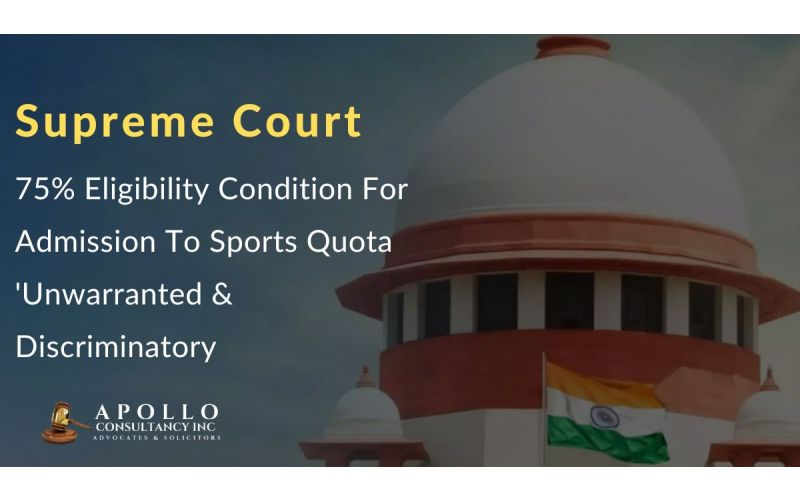Protecting Confidentiality: A Legal Guide to Non-Disclosure

Protecting Confidentiality: A Legal Guide to Non-Disclosure Agreements (NDAs) in India
In a rapidly growing business ecosystem, safeguarding sensitive information is paramount. For Indian businesses, Non-Disclosure Agreements (NDAs) have become crucial legal tools to protect trade secrets, proprietary information, client details, and more. This article explores NDAs from an Indian legal perspective, offering insights on their importance, enforceability, and essential considerations.
What is an NDA?
A Non-Disclosure Agreement is a legal contract that establishes a confidential relationship between parties, ensuring that sensitive information shared for a specific purpose is not disclosed to unauthorized individuals or entities. NDAs are commonly used between employers and employees, partners in joint ventures, vendors, and clients.
Types of NDAs
- Unilateral NDAs: Involves one party agreeing not to disclose confidential information shared by the other party.
- Mutual NDAs: Both parties exchange confidential information and agree to protect it from third-party disclosure.
Why NDAs are Vital for Indian Businesses
- Safeguarding Trade Secrets: Businesses often share sensitive data during negotiations, collaborations, or partnerships. NDAs protect these disclosures, preventing misuse.
- Legal Recourse for Breach: NDAs outline remedies for unauthorized disclosures, creating a deterrent against breaches.
- Preserving Client and Market Trust: NDAs offer confidence to clients and partners that their data will be protected, strengthening business relationships.
Key Provisions to Include in an NDA
- Definition of Confidential Information: Clearly specify what information is deemed confidential.
- Obligations of Receiving Party: Outline duties to safeguard information and restrict its use.
- Exclusions: Mention any information that is excluded from confidentiality, such as publicly known data or independently developed knowledge.
- Term and Duration: Define the duration for which the NDA will be in effect.
- Consequences of Breach: Detail penalties, remedies, and potential legal recourse in the event of a breach.
Enforceability of NDAs in India
Under Indian contract law, NDAs are considered legally binding agreements. However, for enforcement, certain principles must be adhered to:
- Consideration: An NDA must have a lawful consideration, a key component under the Indian Contract Act, 1872.
- Reasonable Restrictions: NDAs cannot impose excessively broad restrictions, as Indian courts disfavor clauses that unduly hinder trade or business.
- Non-Compete Clauses: While restrictive covenants are permissible, courts may strike down those seen as unreasonable in duration or scope.
Challenges and Legal Considerations
- Ambiguity: Vague NDAs may lead to disputes. Clear and precise language is crucial.
- Employee NDAs: Indian law may view excessive restrictions on employees’ ability to work post-employment as void.
- Cross-Border Enforceability: With global business expansion, ensuring NDAs align with international jurisdictions is essential.
Best Practices for Drafting an NDA
- Tailored Clauses: Avoid generic templates; customize NDAs to suit the nature of your business relationship.
- Legal Review: Engage legal counsel to draft and review NDAs, ensuring their enforceability under Indian law.
- Periodic Revisions: As your business evolves, update NDAs to reflect new legal developments or changes in operations.
Final Thoughts
Non-Disclosure Agreements serve as shields for Indian businesses, offering protection for intellectual property, market strategies, and other sensitive data. By understanding their legal underpinnings and incorporating best practices, businesses can build trust, reduce risks, and foster robust collaborations while protecting their valuable information.
Post Categories
Featured Posts
Latest Posts
Latest Posts

Won t interfere with firecracker ban in Delhi SC...
Ahead of the festive season the Supreme Court on Wednesday said that it would not interfere with a decision of a state government if it decides to impose a complete ban on firecrackers including green crackers to check pollution level...

Parliament Passes Forest Conservation Amendment Bill...
After opposition walked out over their demands for discussion on Manipur Violence the Rajya Sabha passed the contentious Forest Conservation Amendment Bill today It aims to amend certain provisions under the Forest Conservation Act to extend and exempt...

Empowering NRIs Facilitating Political Participation Through Voting Rights...
Introduction In the digital age of globalization the world is more interconnected than ever before Non-Resident Indians NRIs are an integral part of this global community contributing to economies cultures and societies around the world However despite their significant impact...

Eligibility Condition For Admission To Sports Quota Unwarranted Discriminatory...
The Supreme Court has held that the eligibility condition of minimum marks does not promote the object of introducing the sports quota and such criterion subverts the object and falls afoul of the equality clause in Article of...

UAPA Terrorism Cases Not To Be Taken Lightly Supreme Court Sets Aside Default Bail...
In a case pertaining to grant of default bail to a person accused under the Unlawful Activities Prevention Act ldquo UAPA rdquo the Supreme Court yesterday allowed an appeal filed by the Delhi police observing that the High Court fell...

Speak With Our
Get a Appointment

















